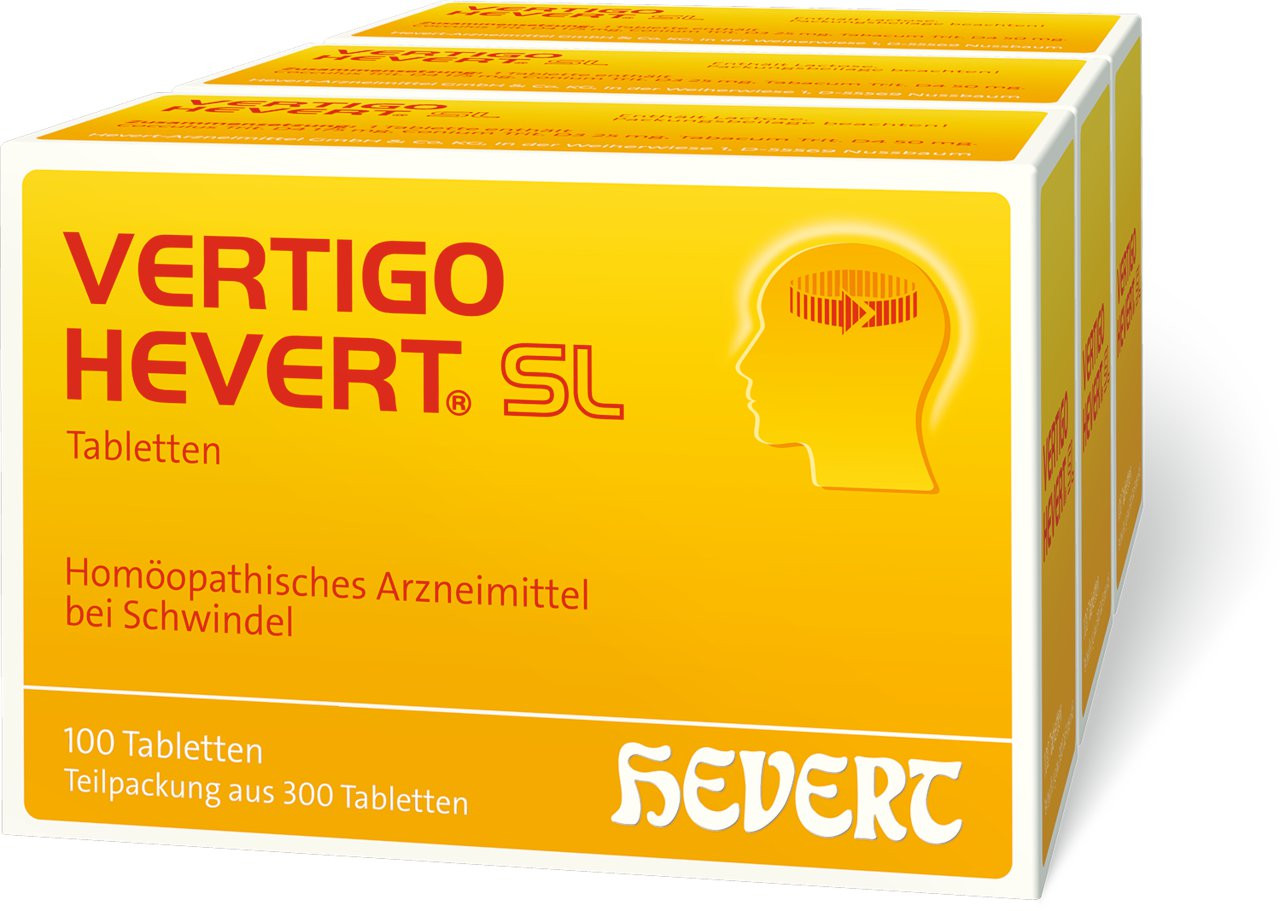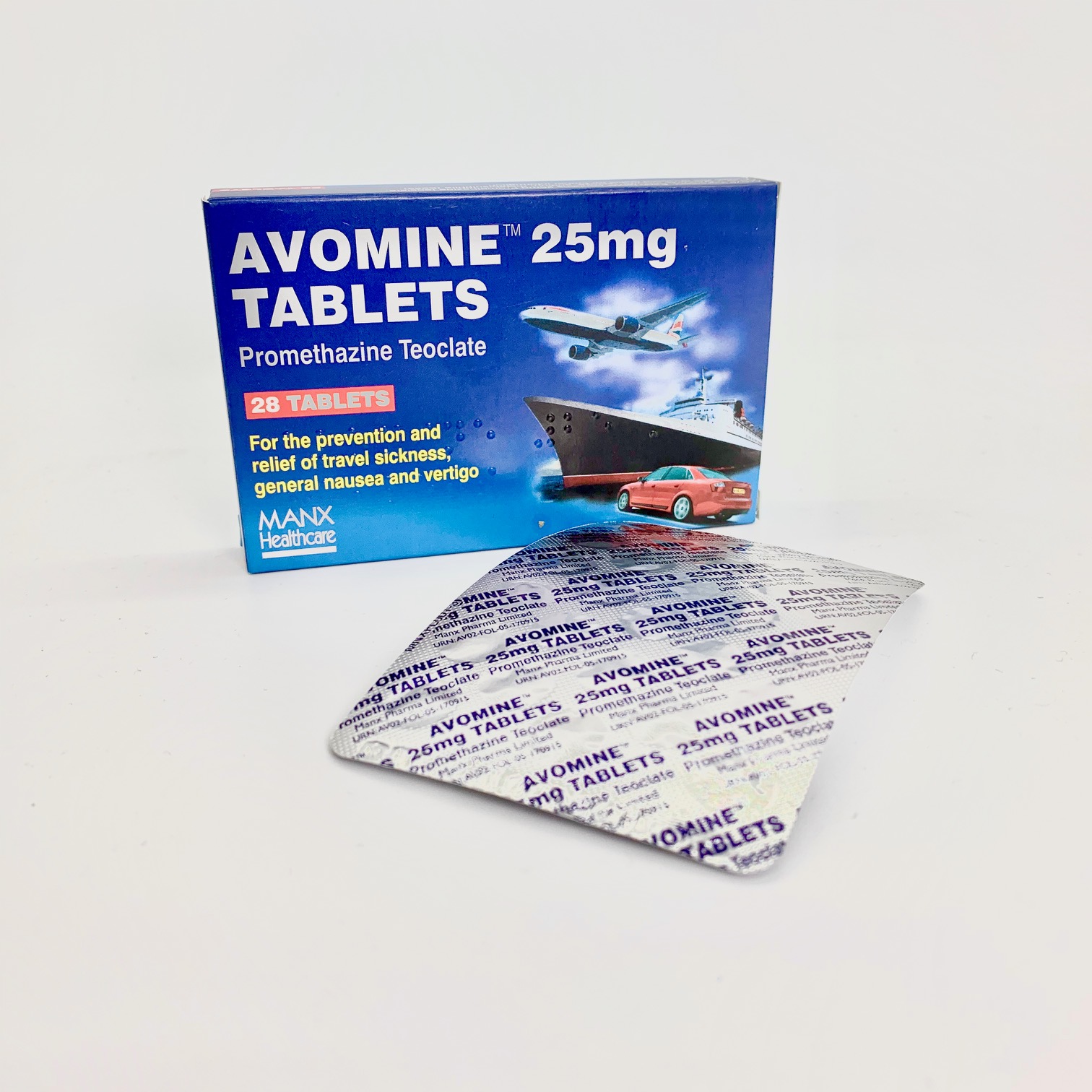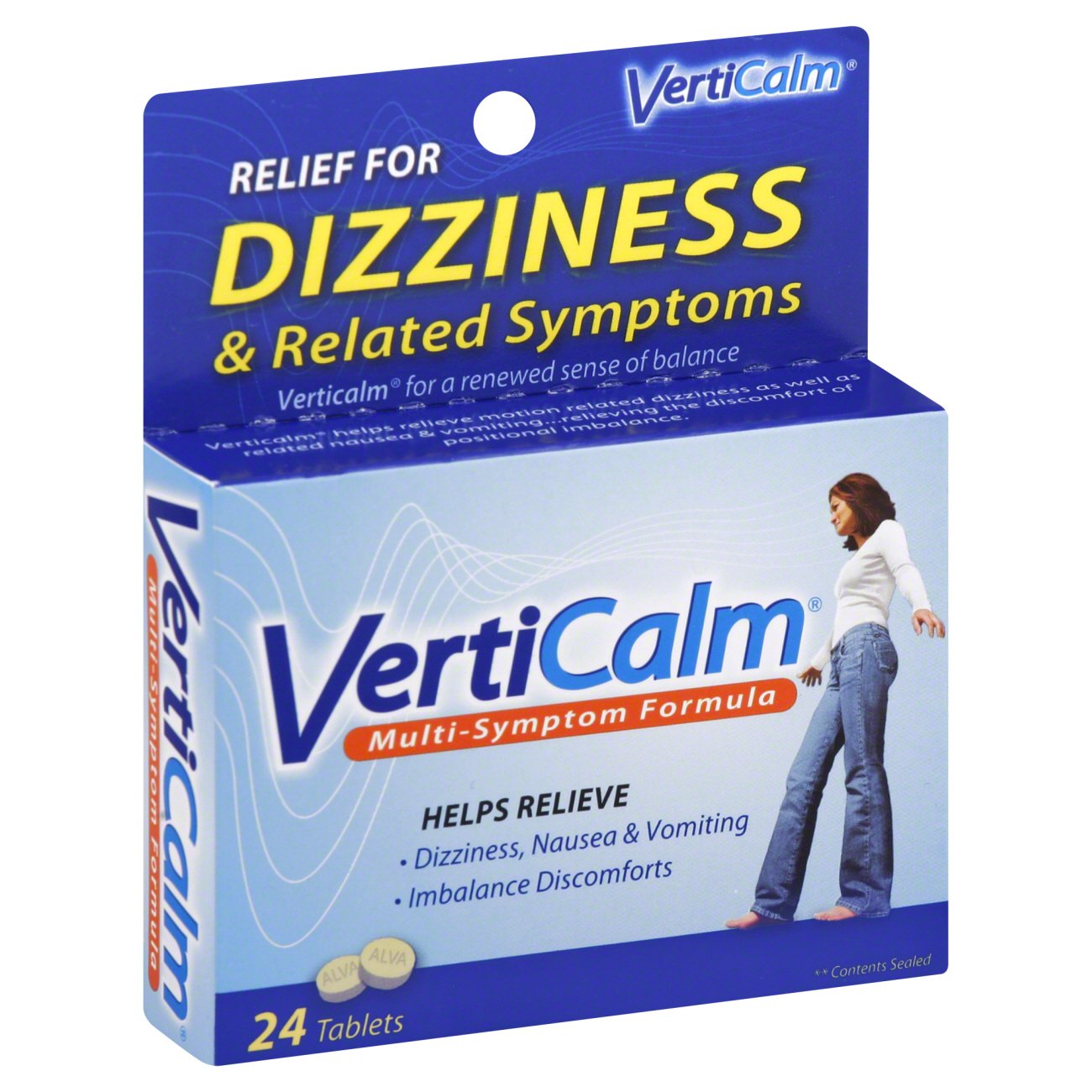Vertigo tablets offer a lifeline to individuals struggling with the debilitating symptoms of vertigo. This guide delves into the types, effectiveness, and proper usage of these medications, empowering you to regain control over your balance and well-being.
From understanding the mechanisms of action to exploring alternative treatments, this comprehensive resource equips you with the knowledge and strategies to effectively manage vertigo and restore your quality of life.
Definition of Vertigo

Vertigo is a sensation of dizziness or disorientation that makes you feel like you’re spinning or moving when you’re not. It can be caused by a variety of factors, including inner ear problems, neurological disorders, and certain medications.
Symptoms of vertigo can include:
- A feeling of spinning or tilting
- Nausea and vomiting
- Balance problems
- Headaches
- Tinnitus (ringing in the ears)
Vertigo can be a debilitating condition that can significantly impact your quality of life. If you experience symptoms of vertigo, it’s important to see a doctor to rule out any underlying medical conditions.
Types of Vertigo Tablets

Vertigo tablets are classified into various types based on their mechanisms of action and chemical composition. Understanding these differences can help in choosing the most appropriate medication for specific types of vertigo.
Anticholinergics
- Mechanism of action:Block the action of the neurotransmitter acetylcholine, which is involved in transmitting signals related to balance.
- Examples:Scopolamine, Meclizine
- Potential side effects:Dry mouth, blurred vision, urinary retention
Antihistamines
- Mechanism of action:Block the action of the neurotransmitter histamine, which is involved in regulating balance and nausea.
- Examples:Dimenhydrinate, Promethazine
- Potential side effects:Sedation, drowsiness, dry mouth
Benzodiazepines
- Mechanism of action:Enhance the effects of the neurotransmitter GABA, which has calming and anti-anxiety properties.
- Examples:Diazepam, Lorazepam
- Potential side effects:Sedation, dizziness, impaired coordination
Calcium Channel Blockers, Vertigo tablets
- Mechanism of action:Block calcium channels in the inner ear, which are involved in regulating balance.
- Examples:Cinnarizine, Flunarizine
- Potential side effects:Drowsiness, fatigue, weight gain
Effectiveness of Vertigo Tablets

Vertigo tablets are generally effective in reducing symptoms of vertigo, such as dizziness, nausea, and vomiting. Clinical studies have demonstrated their efficacy in improving balance and reducing the frequency and severity of vertigo episodes.
The effectiveness of different types of vertigo tablets varies depending on factors such as the underlying cause of vertigo, the severity of symptoms, and individual patient response. Some tablets may be more effective for certain types of vertigo, such as those caused by inner ear disorders, while others may be more effective for vertigo caused by other conditions.
Factors Influencing Efficacy
- Type of Vertigo:The effectiveness of vertigo tablets can vary depending on the underlying cause of vertigo. Some tablets are more effective for certain types of vertigo, such as those caused by inner ear disorders, while others may be more effective for vertigo caused by other conditions.
- Severity of Symptoms:The severity of vertigo symptoms can also affect the effectiveness of vertigo tablets. More severe symptoms may require higher doses or more frequent dosing to achieve optimal results.
- Individual Patient Response:Individual patient response to vertigo tablets can vary. Some patients may experience significant relief from symptoms, while others may find that the tablets are less effective.
Dosage and Administration: Vertigo Tablets
The recommended dosage and frequency of administration for different vertigo tablets vary depending on the specific medication and the individual patient’s needs. It’s important to follow the doctor’s instructions carefully and to not adjust the dosage without consulting a healthcare professional.
If you’re experiencing extreme vertigo symptoms, such as dizziness, nausea, and vomiting, it’s important to seek medical attention. Vertigo tablets can help to relieve these symptoms, but it’s important to consult with a doctor before taking any medication. Extreme vertigo symptoms can be debilitating, but vertigo tablets can help to improve your quality of life.
In general, most vertigo tablets are taken orally, with or without food. Some tablets may need to be taken with water, while others may be chewed or dissolved in the mouth. The dosage and frequency of administration will vary depending on the type of vertigo tablet and the severity of the symptoms.
Instructions for Taking Vertigo Tablets
- Take the tablets exactly as prescribed by your doctor.
- Do not take more or less of the medication than prescribed.
- Take the tablets at the same time each day to maintain a consistent level of medication in your body.
- If you miss a dose, take it as soon as you remember. However, if it is almost time for the next dose, skip the missed dose and take the next dose as scheduled.
- Do not double the dose to make up for a missed dose.
- Store the tablets in a cool, dry place away from light and moisture.
- Keep the tablets out of reach of children.
Precautions and Contraindications
Before using vertigo tablets, it is crucial to be aware of potential precautions and contraindications to ensure safe and effective treatment.
Always consult with a healthcare professional for personalized guidance and to determine the most appropriate treatment plan based on your individual circumstances.
Precautions
- Avoid using vertigo tablets if you have a known allergy to any of the ingredients.
- Use with caution if you have a history of liver or kidney disease.
- Vertigo tablets may cause drowsiness or dizziness.Do not operate heavy machinery or drive a vehicle while taking these medications.
- Alcohol can worsen the side effects of vertigo tablets.Avoid alcohol consumption while taking these medications.
- Inform your doctor about all other medications you are taking, including prescription drugs, over-the-counter medications, and supplements.
Contraindications
- Vertigo tablets are contraindicated for people with certain medical conditions.These include severe liver or kidney disease, uncontrolled seizures, and certain heart conditions.
- Vertigo tablets are also contraindicated for people taking certain medications.These include monoamine oxidase inhibitors (MAOIs), antidepressants, and some antipsychotics.
Alternative Treatments
In addition to vertigo tablets, various alternative treatments may provide relief from vertigo symptoms. These approaches aim to address underlying causes or improve balance and overall well-being.
It’s important to consult with a healthcare professional before pursuing alternative treatments, as they may interact with medications or have potential side effects.
Physical Therapy
Physical therapy can help improve balance, coordination, and neck mobility, which may alleviate vertigo symptoms. Exercises may include:
- Vestibular rehabilitation exercises: Specific movements designed to stimulate the vestibular system and improve balance.
- Balance training: Activities that challenge stability and enhance coordination.
- Neck exercises: Stretching and strengthening exercises to reduce tension and improve neck mobility.
Lifestyle Modifications
Certain lifestyle changes can help manage vertigo symptoms:
- Avoid sudden head movements: Quick or jerky head movements can trigger vertigo episodes.
- Get enough sleep: Sleep deprivation can worsen vertigo.
- Manage stress: Stress can exacerbate vertigo symptoms.
- Limit caffeine and alcohol: These substances can affect balance and worsen vertigo.
Acupuncture
Acupuncture involves inserting thin needles into specific points on the body. It is believed to stimulate the nervous system and improve blood flow, potentially alleviating vertigo symptoms.
However, the effectiveness of acupuncture for vertigo is still debated, and more research is needed to establish its long-term benefits.
Patient Education
Empowering patients with knowledge about vertigo tablets and their management is crucial for effective symptom control. Here’s a comprehensive guide to help you understand vertigo tablets and their implications:
Key Information Table
The following table summarizes key information about vertigo tablets, including their uses, dosages, and potential side effects:
| Uses | Dosage | Potential Side Effects | |
|---|---|---|---|
| Type 1 Tablet | Uses of Type 1 Tablet | Dosage of Type 1 Tablet | Potential Side Effects of Type 1 Tablet |
| Type 2 Tablet | Uses of Type 2 Tablet | Dosage of Type 2 Tablet | Potential Side Effects of Type 2 Tablet |
| Type 3 Tablet | Uses of Type 3 Tablet | Dosage of Type 3 Tablet | Potential Side Effects of Type 3 Tablet |
Educational Pamphlet or Infographic
To provide patients with comprehensive information about vertigo and its management, consider designing an educational pamphlet or infographic that covers the following topics:
- Understanding Vertigo: Describe the symptoms, causes, and types of vertigo.
- Treatment Options: Explain the various treatment options available for vertigo, including medications, physical therapy, and lifestyle modifications.
- Role of Vertigo Tablets: Discuss the types of vertigo tablets, their mechanism of action, and their effectiveness in managing symptoms.
- Dosage and Administration: Provide clear instructions on how to take vertigo tablets, including dosage, frequency, and duration of treatment.
- Potential Side Effects: Inform patients about the potential side effects of vertigo tablets and when to seek medical attention.
- Lifestyle Modifications: Emphasize the importance of lifestyle modifications, such as avoiding triggers, getting enough sleep, and managing stress, in managing vertigo.
Conclusion
Vertigo tablets, when used appropriately, can significantly alleviate the distressing symptoms of vertigo. By adhering to the recommended dosages, precautions, and exploring alternative treatments when necessary, you can effectively manage this condition and reclaim your balance and well-being.

